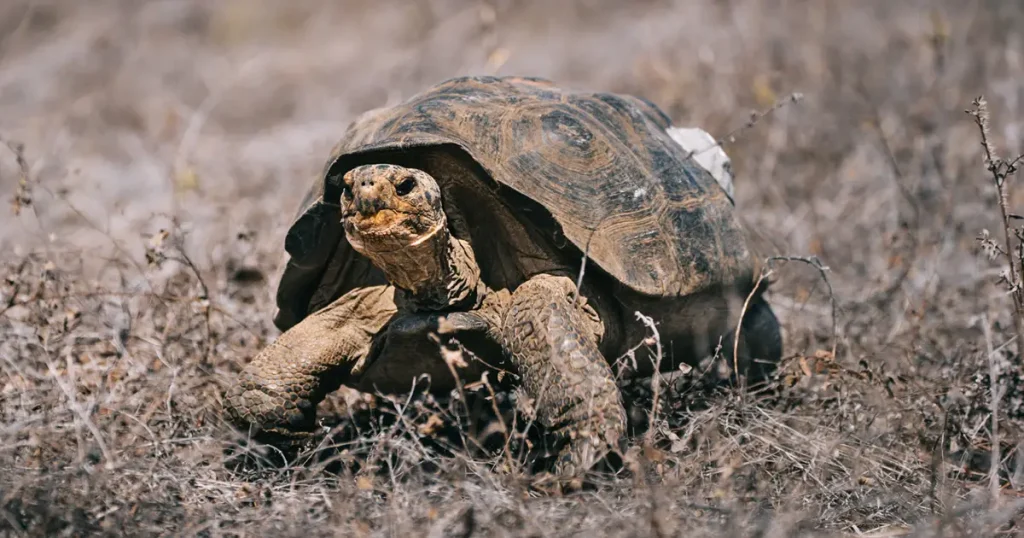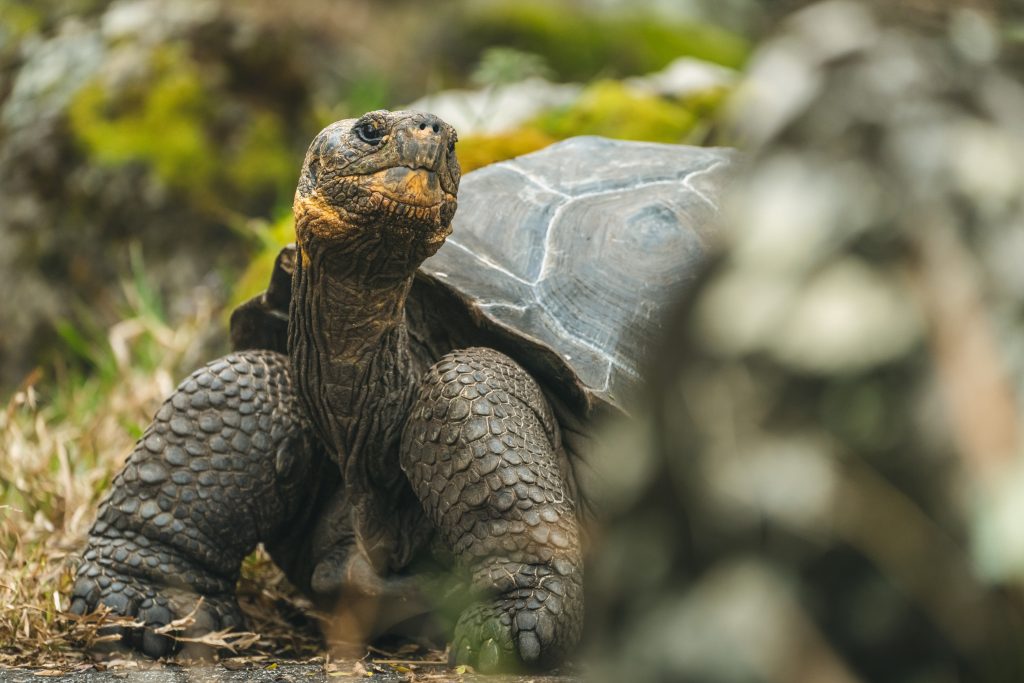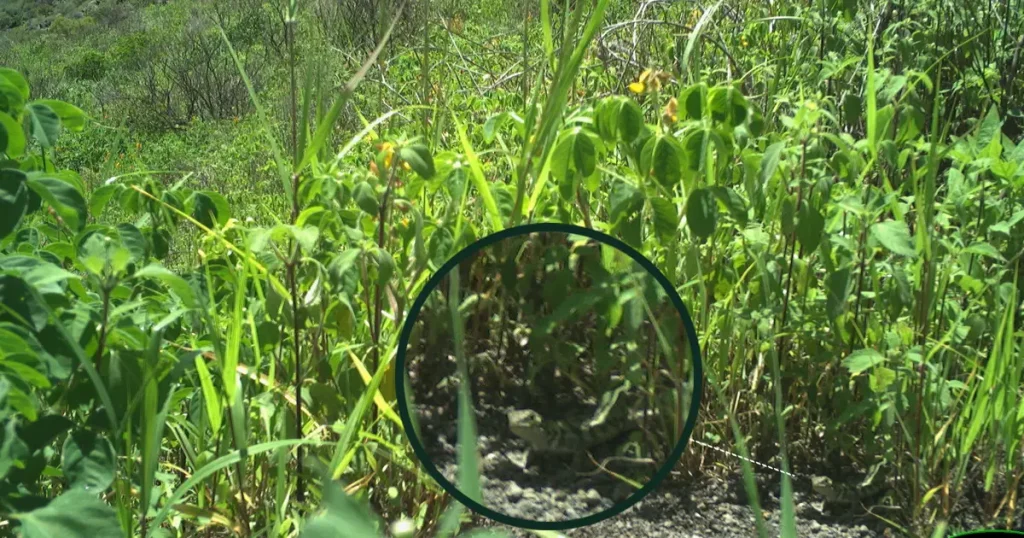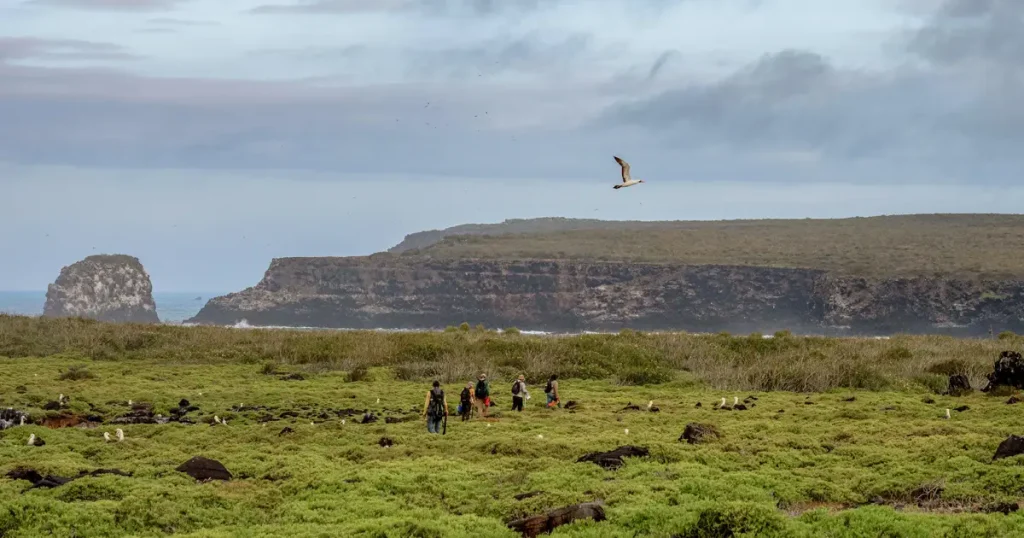Building a Culture of Sustainable Practices in Galápagos
Date: March 30th. 2023.
//Versión en español abajo.//
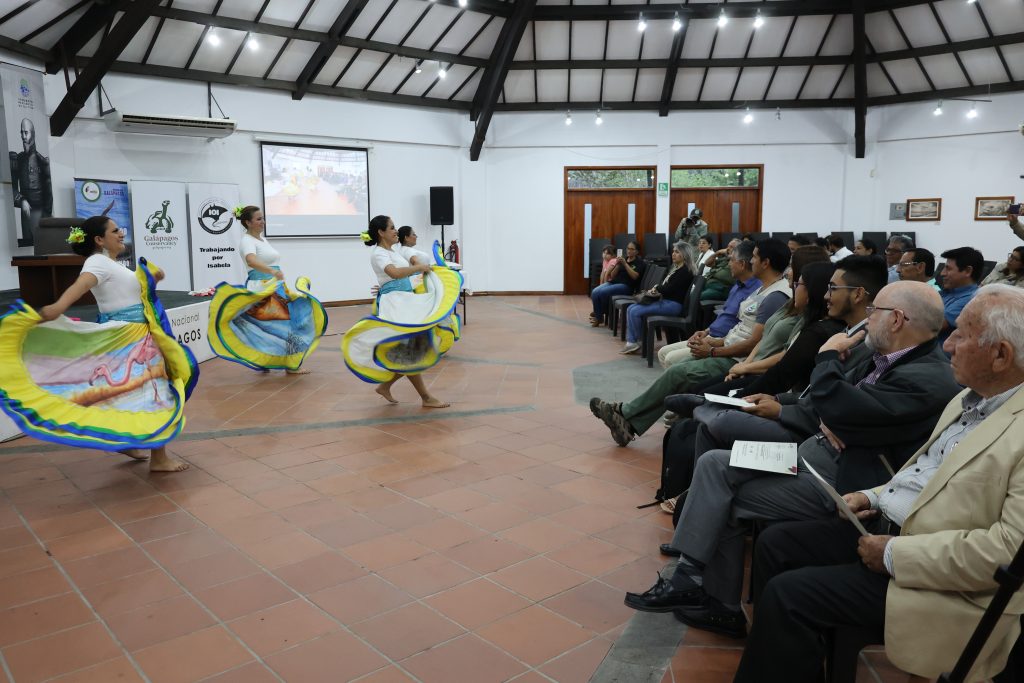
The Galápagos Archipelago is considered one of the most valuable natural treasures on the planet. In addition to its unique and vibrant biodiversity, Galápagos has a rich culture that has been shaped over the years and is now an integral part of the identity of its inhabitants.
Over the last decade, a series of initiatives have been implemented in the province of Galápagos to strengthen identity and good cultural practices, such as artistic expressions, universal values, customs, and beliefs that make up the identity of the island community.
In an effort to foster a culture of love and respect for nature, the Galápagos National Park Directorate (GNPD) organized several cultural events in 2012 and 2014. More recently, in 2022, with the support of Galápagos Conservancy, a cultural gathering was held to commemorate a historic moment for Galápagos: the annexation of the island territory to Ecuador. About 150 attendees, including cultural managers, teachers, local institutions, students, and researchers, participated in the event.
According to Roberto Maldonado, Head of Social Participation at GNPD, these cultural gatherings provide researchers, historians, and educators with the opportunity to share their knowledge, experiences, and challenges in promoting sustainable cultural practices on the Islands. They also motivate authorities to strengthen Galápagos’ identity and culture. “In 2024, we will have another cultural gathering about Galápagos in the 19th century and the definitive colonization of the Islands,” added Maldonado.
For Galápagos Conservancy, these types of initiatives are essential because they complement conservation actions and promote a deeper understanding of Galápagos’ cultural identity and the importance of developing a culture of sustainable practices in the Archipelago.
By building a culture of sustainable practices, Galápagos can continue to protect its natural resources and unique biodiversity while also preserving the cultural heritage of its people. The efforts of organizations like the GNPD and Galápagos Conservancy, along with the participation of the local community, are key to achieving this goal.
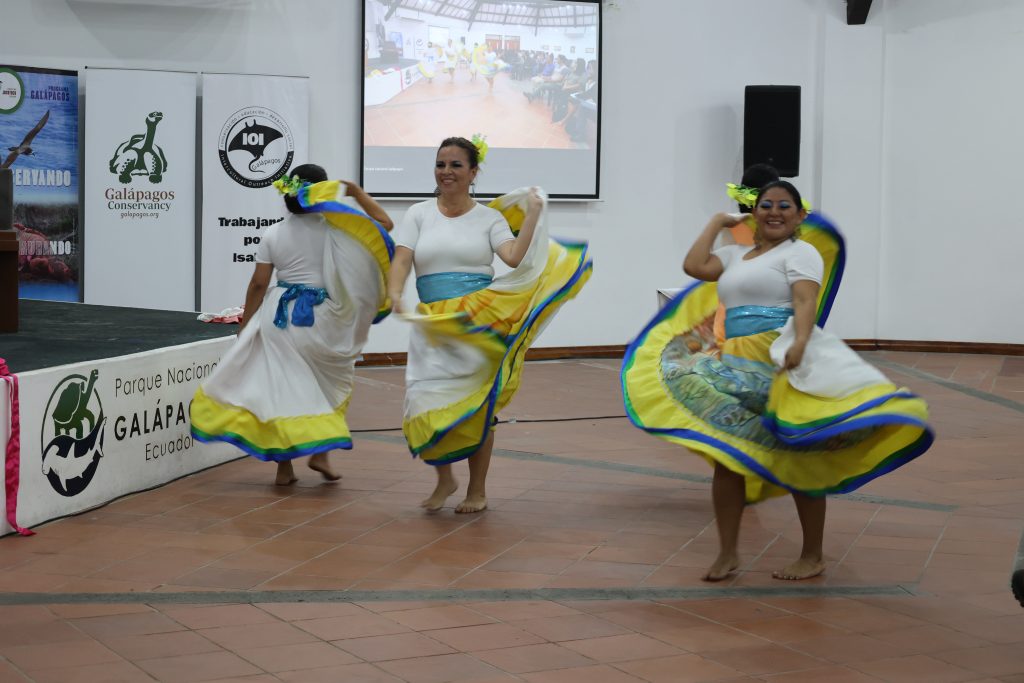
Construyendo una cultura de prácticas sostenibles en Galápagos
El Archipiélago de Galápagos es considerado uno de los tesoros naturales más valiosos del planeta; pero además de su biodiversidad única y diversa, Galápagos posee una rica cultura que se ha ido moldeando a lo largo de los años y que hoy en día es parte fundamental de la identidad de sus habitantes.
En la última década, se han implementado una serie de iniciativas para fortalecer la identidad y las buenas prácticas culturales en la Provincia de Galápagos, como manifestaciones artísticas, valores universales, costumbres y creencias que conforman la identidad de la comunidad insular.
En su empeño por fomentar una cultura de amor y respeto por la naturaleza, la Dirección del Parque Nacional Galápagos (DPNG) ha realizado varios eventos culturales en el 2012 y 2014, y recientemente en el 2022, con el apoyo de Galápagos Conservancy realizó un encuentro cultural en torno a un momento histórico para Galápagos, la anexión del territorio insular al Ecuador, en el que participaron alrededor de 150 asistentes entre gestores culturales, docentes, instituciones locales, estudiantes e investigadores.
Roberto Maldonado, responsable de participación social de la DPNG, asegura que los encuentros culturales son espacios que brindan a investigadores, historiadores y educadores la oportunidad para compartir sus conocimientos, experiencias y desafíos en la promoción de prácticas culturales sostenibles en las islas, y motiva a las autoridades a fortalecer la identidad y cultura galapagueña. “En el 2024 tendremos otro encuentro cultural sobre Galápagos en el siglo XIX y la colonización definitiva de las islas”, acotó Maldonado.
Para Galápagos Conservancy este tipo de iniciativas son esenciales porque complementan las acciones de conservación y promueven una comprensión más profunda de la identidad cultural de Galápagos y la importancia de desarrollar una cultura de prácticas sostenibles en el Archipiélago.
